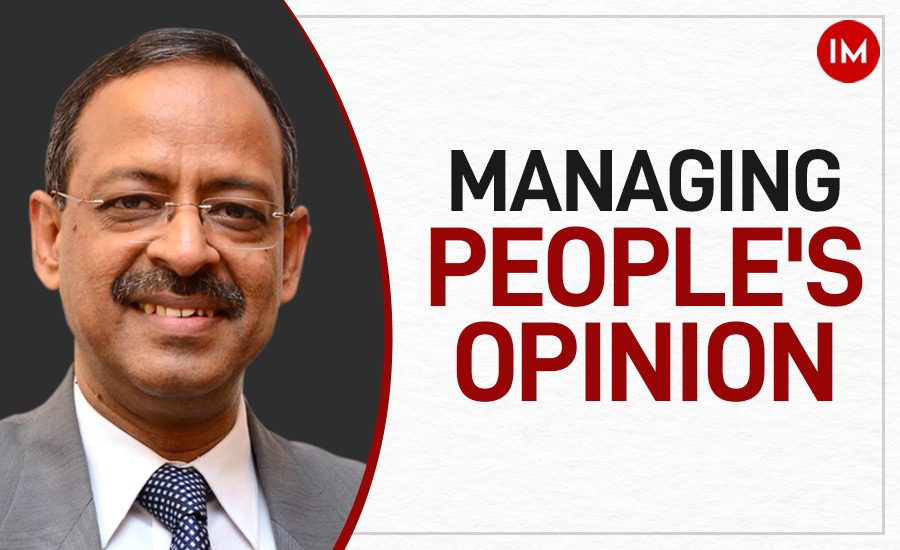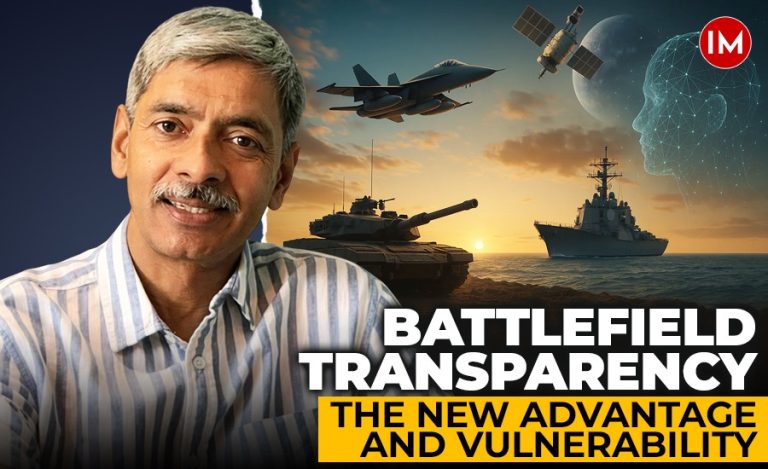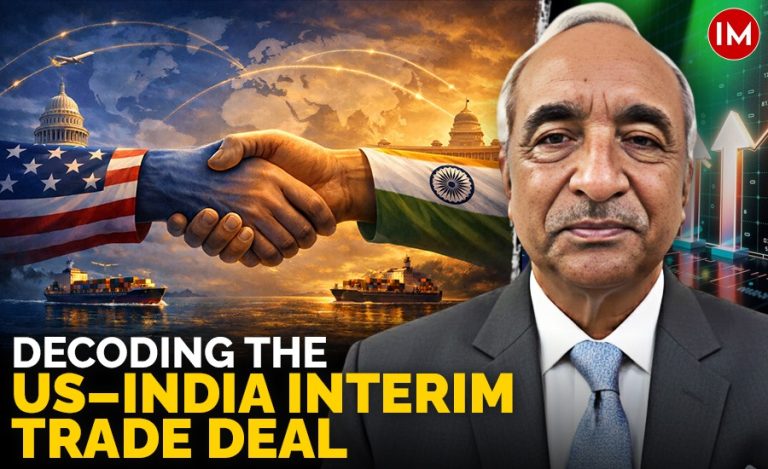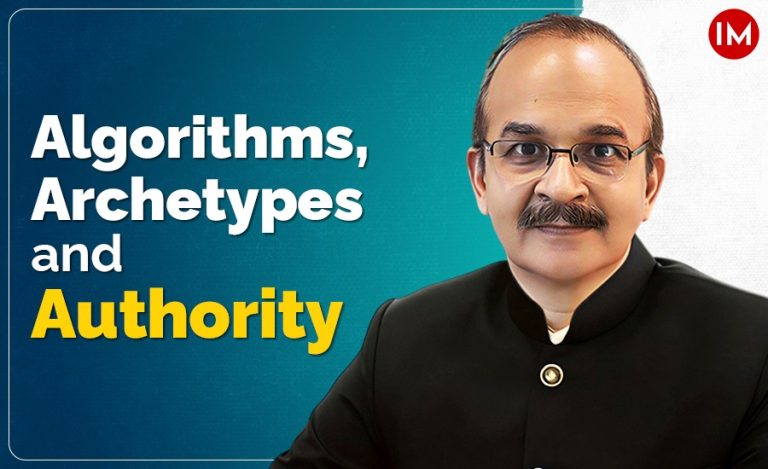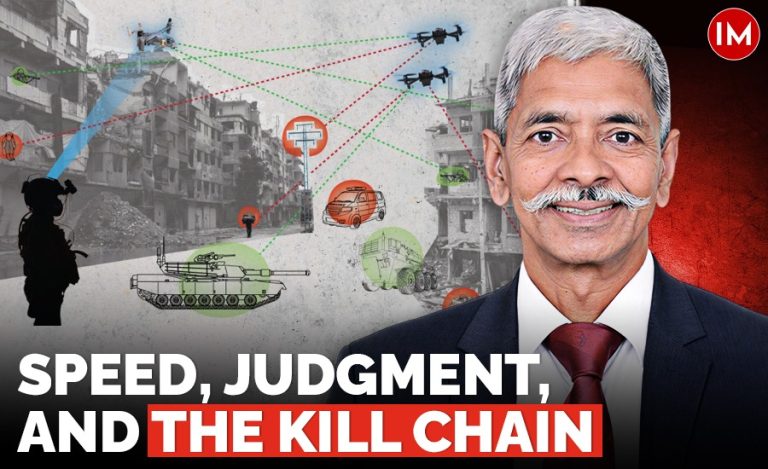Oil and gas prices shot through the roof. Petrol breached Rs 100 in the entire country. Yet, there is hardly any protest. Why?
A close look at the Farm Legislation will reveal that they were indeed beneficial to the farmer. Yet there was a sustained agitation against these Acts. Why?
This was not the first time that the petroleum prices had gone up. It had happened on number of occasions in the past. Till a few years ago there used to be furore whenever the prices went up. On more occasions than not the increase was due to the escalation of international prices as India is largely dependent on imports.
However, in the recent past, the price increase has not largely been on account of international prices. In fact, at some point in time during the initial COVID crisis, the international prices were coming down because of tepid demand. Yet, the prices within the country kept going up. This was primarily on account of increase in the cess on petrol and petroleum products by the Central Government.
The advantage of cess over excise is that the additional amount collected does not go to the divisible pool of resources between the Centre and the States. The entire cess amount is retained by the Centre. Given major resource constraint because of reduced economic activity, it is being used as a tool to raise additional resources. It can be argued that this perhaps is not the best way to augment resources and has led to inflation.
WHY NO PROTESTS
However, this is not the point being discussed here. The issue under consideration here is that despite this massive increase, why wasn’t there a nation-wide protest? The absence of protest is difficult to explain but could be attributed to one or a combination of the following factors:
- As against bulk increase in the prices (a procedure adopted till a few years ago when prices were increased only once in a while and on occasions the initial cushion being taken by the Oil Companies that imported the product, the increase when happened was ‘visible’ and felt), they are now increased gradually even though regularly. Psychologically it has prevented a sudden impact of the increase.
- Petrol is used by the urban affluent in the country, a segment that is minuscule as a percentage of the population. Large part of the population doesn’t feel impacted by it.
- Diesel prices do impact the transportation cost of products even used by the poor but perhaps in the common man’s understanding, it becomes difficult to attribute the increase in the prices of products to diesel prices directly.
- There is no organized group of consumers that can articulate their discomfort with the increase in prices.
- The communication skills of those in power is a major factor in preventing this unprecedented escalation of prices from developing into a major crisis. The masses have been kept “occupied” with so many other “events” and “happenings” that they don’t feel the pinch on account of some issues that may be confronting them. This preoccupation keeps them engaged and, in a sense, intoxicated. Very interestingly, there is no effort on the part of the government to explain this increase because perhaps the only explanation can be in the context of raising additional revenue. And, this would not be deemed to be a “acceptable” explanation.
Hence, the Government kept quiet and got away with it, at least so far. It was helped by the fact that the opposition neither had the teeth nor an effective communication strategy to exploit it. This perhaps was the foremost reason why such an issue did not create ripples as it had done previously. The opposition, in short, was in a disarray “allowing” the government to manage this crisis.
WHERE DID GOVT GO WRONG?
If the government was able to manage the issues arising out of fuel crisis so well, why, where and how did the management of Farmer Legislations go wrong? The issues entailed in the three farm legislations that were under consideration for more than a decade and even the previous governments, including those in the UPA, had desired resolution of issues as have been accounted for in the legislations. Doing away with the middlemen, providing choices to the farmers to select a place to market their product, bringing in competition and many more are all such measures that are eminently desirable. Then, how did it all go wrong?
Perhaps the manner in which the Bills were steamrolled in the Rajya Sabha set the cat amongst the pigeons. Rushing through the Bills when there was actually no need for it, created an impression that all was not well with the Bills. The Government also missed the sagacity of a statesman like Arun Jaitley who masterminded and navigated much more difficult and complex Goods and Services Tax (GST) legislation by taking stakeholders into confidence.
The resistance to farm legislations did not come from political parties though they attempted to join the bandwagon and to make political capital out of it. It came from groups of farmers, primarily from areas where they were benefitting from the existing regime. Weakness of the opposition didn’t emerge as a handicap in this case as compared to the crisis emerging out of the escalation of fuel prices.
OPINION MISMANAGEMENT
In my understanding, the agitation against the farmers’ legislation was more on account of the mismanagement of the Bills than the substance of what was contained in these legislations. Soon the situation went out of control as it assumed a political dimension in the context of ensuing elections in the states. Finally, the PM had to announce the withdrawal of the legislations.
The two issues mentioned clearly illustrate the increasing importance of “management” of issues rather than issues themselves. Are we gradually moving towards a “make-believe” world? Or, have we already arrived?

